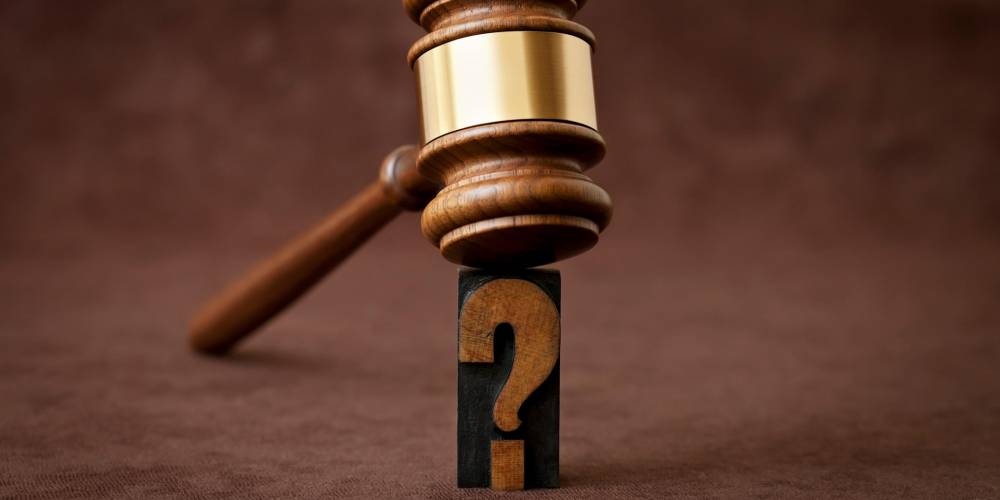The formation of the general assembly of the “cassation” and the functions of the technical office in accordance with the law..
The formation of the general assembly of the “cassation” and the functions of the technical office in accordance with the law..
Law No. 46 of 1972 promulgating the Judicial Authority Law and its amendments defines the formation of the General Assembly of the Court of Cassation, ways to deviate from a legal principle established by previous rulings, and the functions of the technical office of the court.
The fourth article states:
The General Assembly of the Court of Cassation shall form two bodies in the Court, each of which is composed of eleven judges, headed by the President of the Court or one of his deputies, one for criminal matters and the other for civil and commercial matters, personal status matters and others.
If one of the court’s circuits decides to abandon a legal principle decided by previous rulings, it shall refer the case to the competent body of the court for adjudication, and the body shall issue its judgments of reversal by a majority of at least seven members.
If one of the circuits decides to abandon a legal principle established by previous rulings issued by other circuits, it shall refer the case to the two combined bodies for adjudication. In this case, judgments are issued by a majority of at least fourteen members.
The fifth article stated the following:
The Court of Cassation shall have a technical office for legal principles consisting of a chief elected from among the court’s judges and a sufficient number of members of the rank of chief in the courts or a judge or its equivalent. Court of Cassation.
The office has a sufficient number of employees.
The technical office is responsible for the following issues:
1- Extracting the legal principles decided by the court in the rulings it issues, classifying them and monitoring their publication after presenting them to the head of the department that issued them.
2- Issuing sets of rulings and the legislative bulletin.
3- Supervising the work of the library.
4- Preparing technical research.
5- Supervising the court’s schedule and presenting similar and related appeals, or the adjudication of which requires the decision of one legal principle to the president of the court for consideration before one circuit.
6- All other matters that the president of the court asks him to do.





